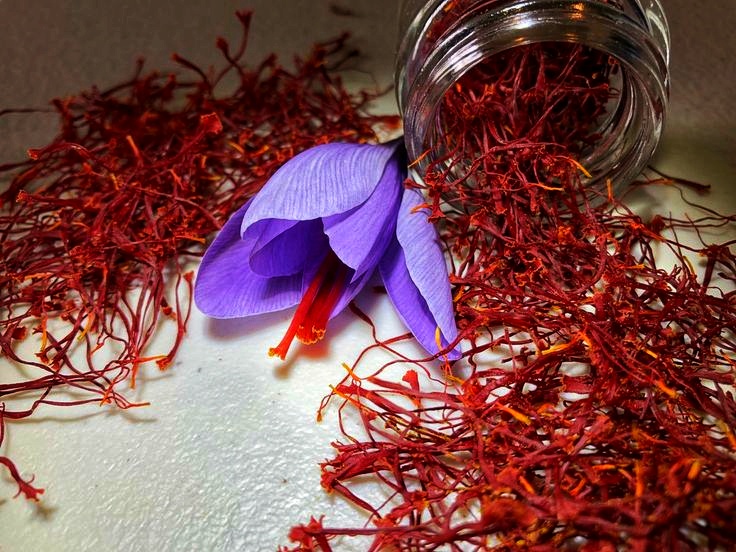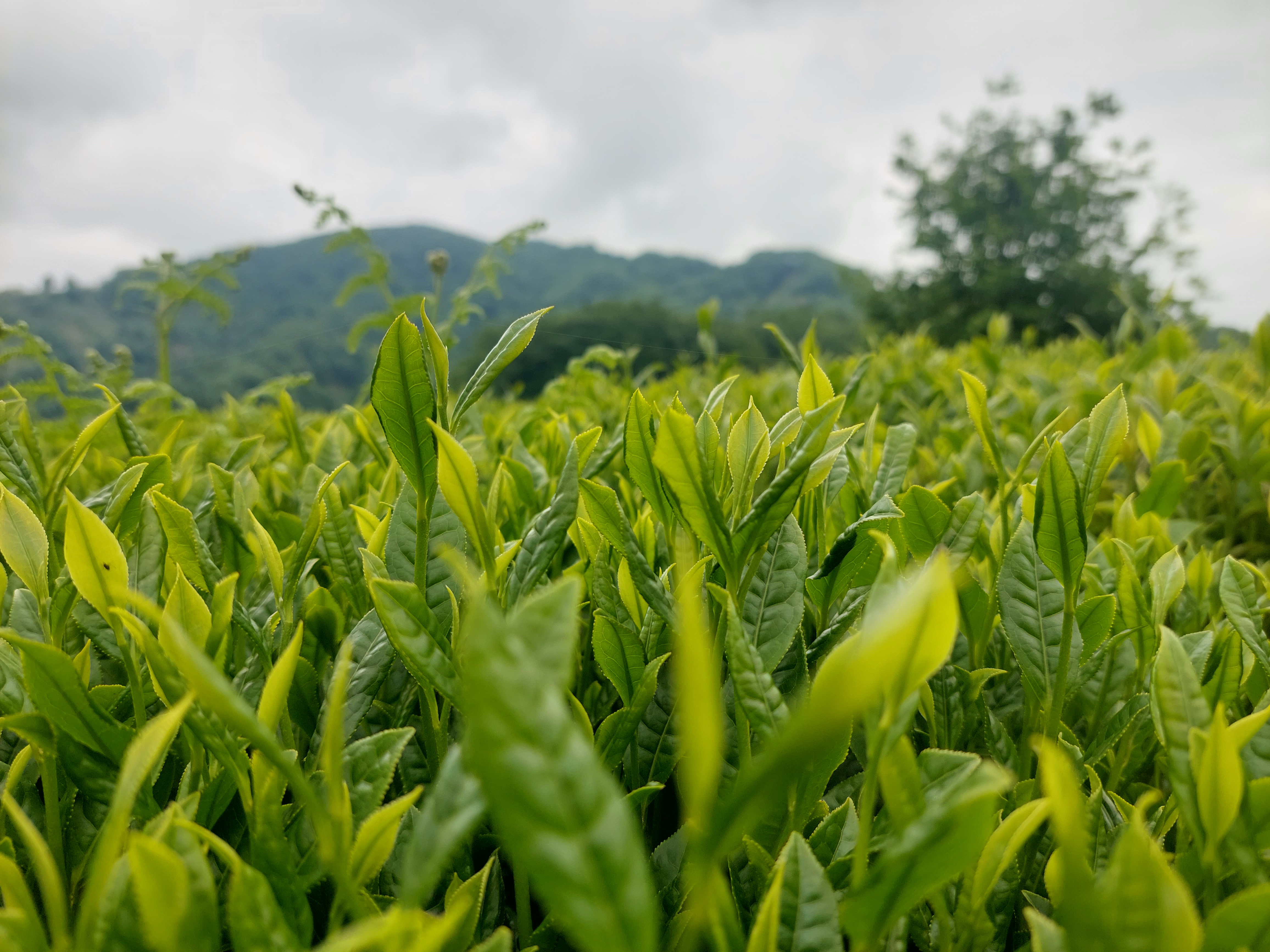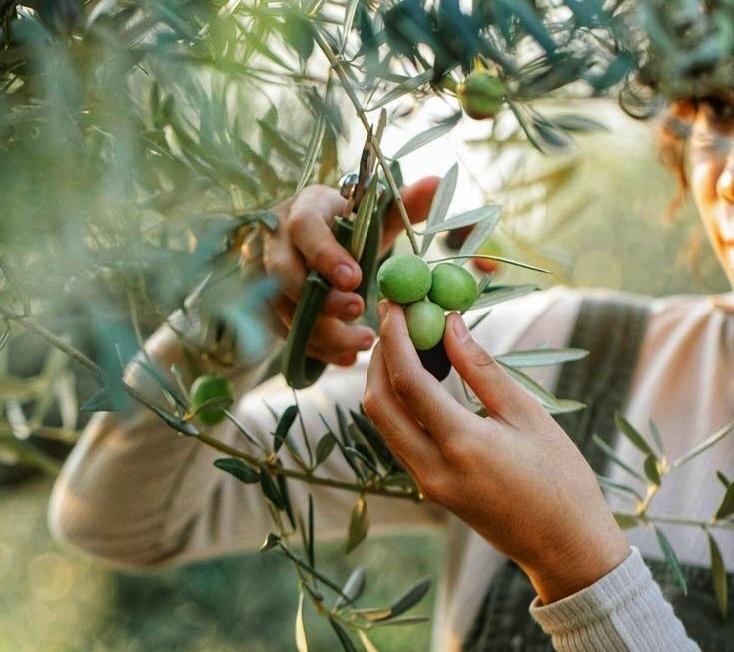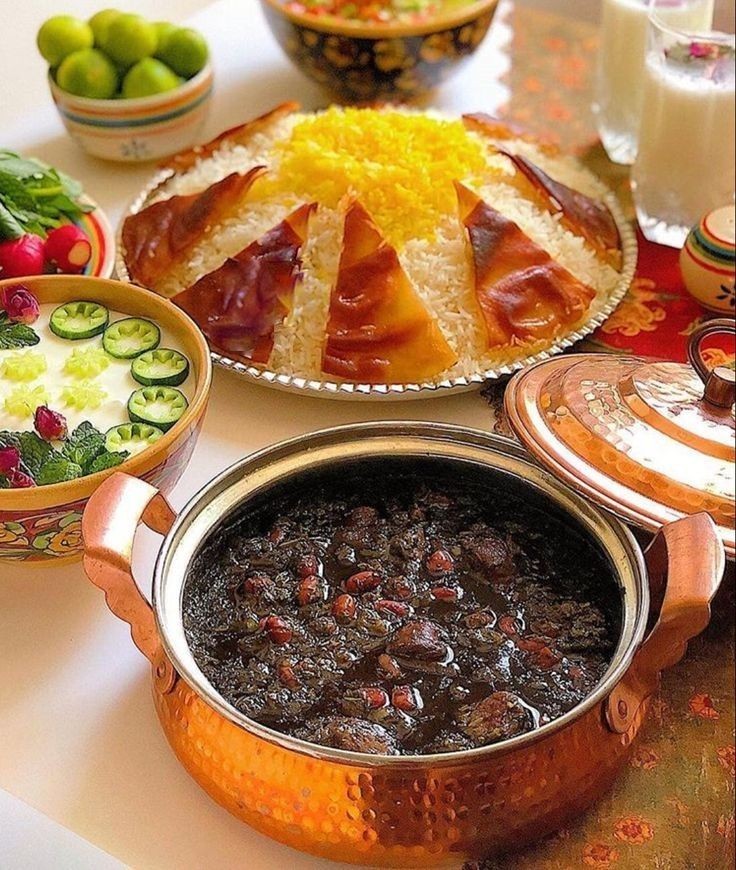Categories
The latest content
-

Unlocking the Golden Opportunity; How Afghan Importers & Distributors Can Profit from Iranian Saffron?
..
-

Top Types of Iranian Tea Preferred by Egyptian Consumers; A Guide for Importers and Distributors
..
-

How to Source Iranian Black Raisins; What Global Buyers Should Know
..
-

The History of Olive Cultivation in Iran; From Ancient Roots to Global Markets
..

Tags
How Can Turkey’s Tea Market Benefit from Iranian Tea?

Tea holds a special place in both Turkish and Iranian culture—served not just as a drink, but as a symbol of hospitality, warmth, and connection. Turkey ranks among the top tea-consuming countries in the world, with its vibrant tea culture centered in cities and villages alike. Meanwhile, Iranian tea, grown in the lush regions of Gilan and Mazandaran by the Caspian Sea, has quietly gained global recognition for its natural purity, rich flavor, and sustainable cultivation.
In recent years, shifting consumer demands and global tea trends have created new opportunities for innovation and expansion in the Turkish tea market. Integrating Iranian tea into this evolving landscape can offer Turkey not only product diversity but also strategic advantages in trade, health-conscious marketing, and regional leadership.
1. A Health-Conscious Alternative: All-Natural and Additive-Free
One of the key strengths of Iranian tea is its natural production process. It is cultivated without the use of chemical pesticides, artificial flavors, or colorings. Unlike many mass-produced teas, Iranian black tea undergoes a traditional oxidation process, preserving its natural reddish color and subtle aroma. For a growing number of Turkish consumers who are prioritizing organic and chemical-free products, Iranian tea presents a compelling value proposition.
By offering Iranian tea alongside conventional Turkish blends, retailers and wholesalers can broaden their portfolio to attract health-conscious individuals, especially the younger demographic increasingly aware of wellness trends.
2. Expanding Taste Profiles and Consumer Choice
While Turkish tea is traditionally strong and robust, brewed in the iconic “çaydanlık,” Iranian tea brings a lighter, smoother taste to the table, often preferred in the evenings or during lighter meals. The Turkish market could benefit from this taste diversification, especially as consumers seek variety and international tea experiences without compromising their cultural values.
Tea brands and cafes in Turkey could create signature blends using Iranian tea—infusing traditional Turkish flavor with Persian delicacy—to develop new, boutique-style tea lines targeting premium customers.
3. Strengthening Regional Trade and Collaboration
Turkey and Iran share more than just a border; they share a long history of trade, diplomacy, and cultural exchange. As part of regional trade agreements and corridor projects, Iran and Turkey can strengthen their positions in agro-based trade, particularly tea.
With Turkish companies importing Iranian tea, repackaging it under regional or co-branded labels, and exporting it to Europe or the Gulf markets, a new level of economic synergy can be achieved. This collaboration supports not only economic growth but also intercultural storytelling through product marketing.
4. Cost-Effective Logistics and Supply Chain Efficiency
Due to their geographic proximity, Iran and Turkey can engage in fast, reliable, and cost-effective trade compared to long-distance tea suppliers. Iranian tea can be imported overland with minimal logistical complications, reducing dependency on maritime routes and third-country middlemen.
Moreover, Iranian tea’s harvest seasons complement Turkish tea’s production cycle, allowing it to serve as a buffer supply during off-peak seasons. This ensures continuous availability and stability in pricing—crucial for wholesalers and large retailers.
5. Tapping into Ethical and Heritage-Driven Markets
Consumers are no longer just buying a product—they’re buying the story behind it. Iranian tea is grown by smallholder farmers, handpicked with care, and processed in centuries-old local factories. Turkish brands that highlight these narratives can gain a foothold in ethical, heritage-based niche markets, both domestically and internationally.
By emphasizing fair trade practices, cultural identity, and sustainable sourcing, Turkish importers of Iranian tea can appeal to consumers who value meaningful consumption.
6. Boosting Tea Tourism and Cultural Exchange
Tea is not only a commodity—it is an experience. Cities like Lviv in Ukraine or Kyoto in Japan have shown how tea culture can become a tourism driver. Turkey has the opportunity to incorporate Iranian tea into culinary tours, tea tasting events, and cultural festivals, providing a platform for cross-cultural learning and promoting both Iranian and Turkish heritage.
Conclusion: A Partnership Rooted in Flavor and Vision
As Turkey continues to evolve as a global player in the tea industry, exploring partnerships with neighboring Iran could unlock a wealth of benefits. From flavor variety and health appeal to trade efficiencies and ethical marketing, Iranian tea offers Turkish businesses a unique asset in building a more diverse, resilient, and innovative tea economy.
With shared values, mutual respect, and a common passion for tea, the road ahead for Turkish-Iranian tea collaboration is rich with potential—steeped in tradition, yet brimming with modern possibilities.



